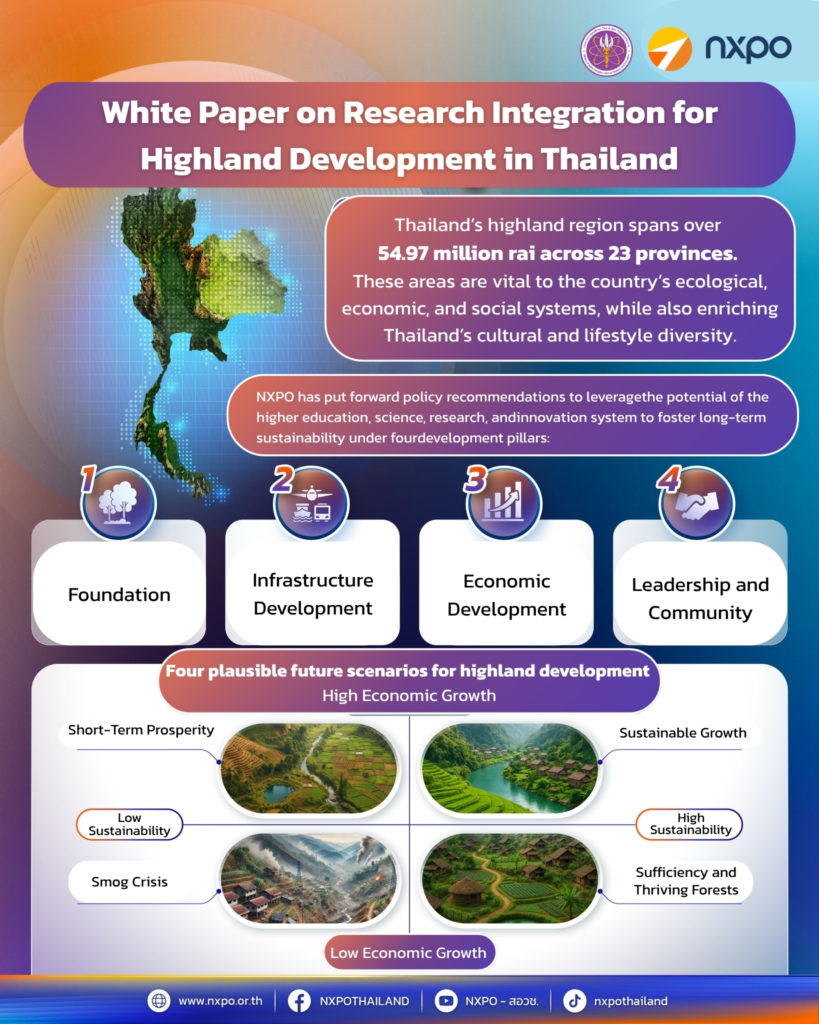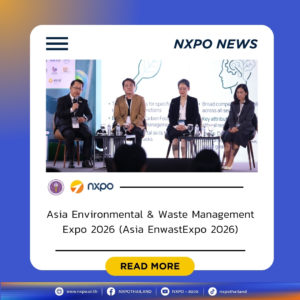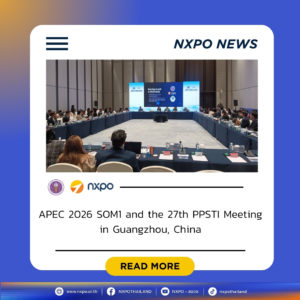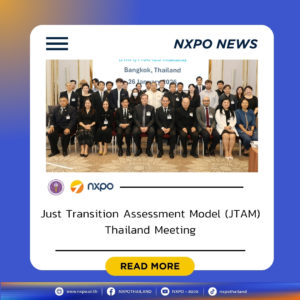
Thailand’s highland region spans over 54.97 million rai across 23 provinces. These areas are vital to the country’s ecological, economic, and social systems, while also enriching Thailand’s cultural and livelihood diversity.
However, the highlands face complex, structural challenges that threaten long-term economic stability, social cohesion, and cultural preservation. To address this, NXPO has prepared the White Paper on Research Integration for Highland Development in Thailand. The policy recommendations in this White Paper are designed to support a comprehensive development plan and mechanisms tailored to the unique context of highland communities. The approach aims to leverage the potential of the higher education, science, research, and innovation system to foster long-term sustainability under four development pillars:
- Foundation – Strengthen, protect, and restore natural resources—particularly forests and water sources—to address environmental challenges and ensure sustainable ecosystems.
- Infrastructure Development – Improve transportation infrastructure for greater connectivity, expand digital infrastructure, and enhance access to clean water and renewable energy to uplift the quality of life in highland communities.
- Economic Development – Promote environmentally responsible agriculture, support local products and value-added goods, increase export potential, and expand access to finance. The approach includes partnerships with the private sector and community participation to ensure long-term economic resilience.
- Leadership and Community Empowerment – Foster leadership capacity through training and collaboration with government and private sectors, while encouraging participatory decision-making to build inclusive and sustainable development processes.
Four plausible future scenarios for highland development were identified, based on two key drivers: economic growth trends and the degree of sustainability in natural resource management:
- Scenario 1: “Sustainable Growth” – A robust grassroots economy coexists with effective natural resource conservation, underpinned by modern technology, strong community engagement, and adaptability to change.
- Scenario 2: “Short-Term Prosperity” – Rapid economic growth is driven by resource overexploitation, leading to environmental degradation and long-term vulnerability.
- Scenario 3: “Smog Crisis” – Poor resource management results in both environmental and economic collapse, severely affecting public health and quality of life.
- Scenario 4: “Sufficiency and Thriving Forests” – A gradual, self-reliant economic model that balances livelihoods with sustainable use of natural resources.
The higher education, science, research and innovation system holds significant potential to enhance the quality of life in highland areas. It contributes knowledge, technologies, and innovations across key domains such as sustainable resource management, digital connectivity, renewable energy, lifelong learning, and green transportation. These contributions help expand access to public services and address long-standing socio-economic disparities. The system can also strengthen the grassroots economy through innovations in agriculture and ecotourism, appropriate technologies for local needs, leadership development, and experiential learning programs that engage universities and students in real-world problem-solving—helping to cultivate resilient, self-sufficient communities.
Realizing sustainable highland development requires collaborative, cross-sectoral engagement, government agencies, local administrative organizations, academic institutions, private enterprises, civil society, community leaders, and local residents must work together based on a shared understanding of local contexts. Key institutions such as the Highland Research and Development Institute (Public Organization) and the Royal Project Foundation can serve as central coordinating bodies in this effort.
The White Paper also presents a research framework to guide future research agendas in areas including natural resource management, sustainable agriculture, public health, education, tourism, poverty reduction, and community resilience.
This White Paper serves as a strategic reference for policymakers, researchers, and practitioners—supporting informed, actionable planning and implementation that aligns with the realities of Thailand’s highland regions.
Download the White Paper on Research Integration for Highland Development in Thailand (in Thai) at https://www.nxpo.or.th/th/report/33814/







